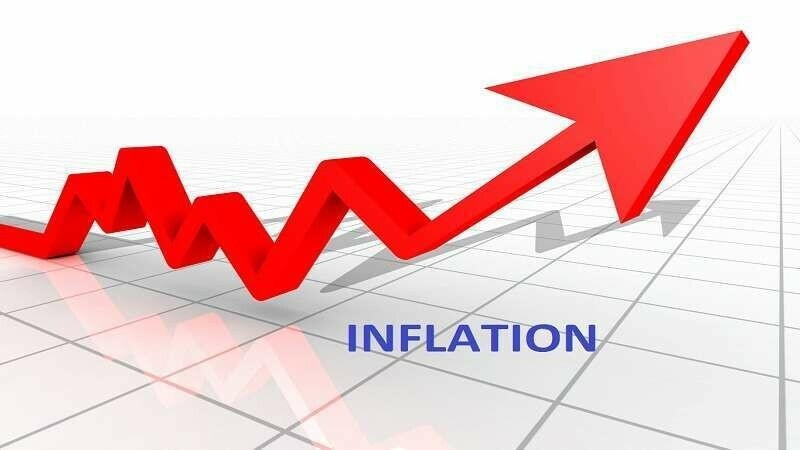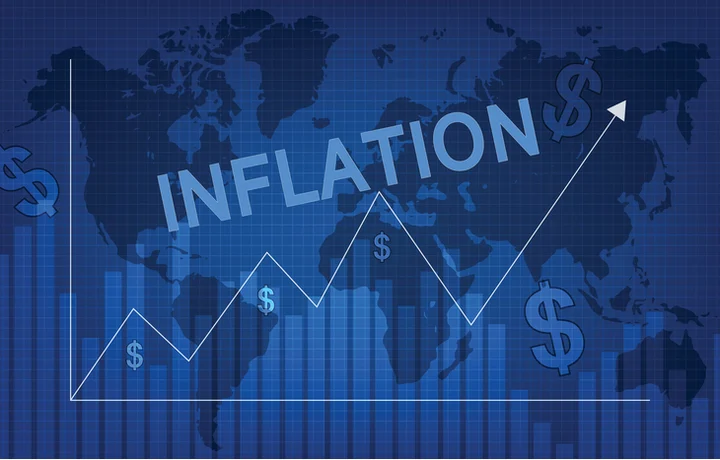Inflation, a significant factor in today’s economic climate, can substantially affect personal finances, impacting everything from savings to spending habits. As prices for goods and services rise, individuals may find their money losing value, leading to potential budgeting concerns and financial adjustments.
In this blog post, we will delve into how rising costs can affect individual economic situations and discuss strategies to mitigate its effects on personal budgeting and financial plans. Let’s explore how this economic phenomenon can shape our monetary landscape and what steps we can take to sustain financial resilience.
Understanding the concept of inflation

Inflation refers to the rate at which the general level of prices for goods and services is rising, subsequently eroding purchasing power. Understanding this economic concept is crucial for anyone looking to preserve their financial well-being.
It determines how much more expensive goods and services become over time, effectively diminishing the amount of goods you can purchase with a set amount of money. This phenomenon impacts various aspects of daily life, from grocery shopping to long-term savings.
One of the primary drivers behind rising costs is the increase in demand relative to supply, often referred to as demand-pull inflation. This occurs when consumer demand exceeds the supply of products available, pushing prices higher. Another factor could be cost-push inflation, where increased production costs lead companies to raise prices to maintain profit margins.
Effects on savings and investments
One of the most significant effects of inflation is on savings and investments, as it can reduce the real return on savings accounts and lower the purchasing power of cash held in non-interest-bearing accounts.
For investors, it can alter the landscape of returns, straining traditional fixed-income investments and prompting a re-evaluation of portfolios to hedge against inflation risk. When inflation rises, interest rates typically follow suit.
While this can benefit savers through higher yield savings accounts or CDs, it poses challenges as well, especially when price rises outpace the interest rate offered by these vehicles.
This scenario results in negative real returns, where the increase in the value of savings does not keep up with inflation, thus reducing actual purchasing power over time.
Impact on consumer purchasing power
Another critical aspect of inflation is its impact on consumer purchasing power, leading to decreased affordability of goods and services. As prices increase, individuals may need to spend more on essential items such as food, housing, and healthcare, leaving less disposable income for non-essential purchases and savings.
Various industries feel the effects of inflation differently, and consumer behavior adapts accordingly. For instance, during periods of rising prices, luxury goods and recreational activities may see a decrease in demand as consumers tighten their belts. Conversely, discount retailers or value-based brands might gain popularity as consumers seek more cost-effective options.
Strategies to protect personal finances
Given the potential impact of inflation on personal finance, developing strategies to protect against it is essential. Proactive financial planning can help cushion the blow of rising prices and maintain individuals’ economic stability.
These strategies focus on managing expenses, investments, and increasing income, enabling individuals to keep their financial goals on track despite economic fluctuations.
First, it’s crucial to create and maintain a flexible budget that takes into account possible inflationary changes. By regularly reviewing and adjusting your budget, it’s easier to accommodate increased costs in necessary areas such as housing, food, and transportation, while still finding ways to save and invest.
Investment options to beat inflation
Investing in assets that traditionally perform well in inflationary environments is another strategy to combat the adverse effects of inflation on finances. Real assets like real estate or commodities often appreciate over time, thereby offering protection against the erosion of purchasing power.
Additionally, inflation-linked bonds, such as Treasury Inflation-Protected Securities (TIPS), can offer a secure avenue as they provide a guaranteed return above inflation, safeguarding purchasing power. Maintaining a balanced portfolio with both growth and defensive investments ensures a measure of safety while capitalizing on growth opportunities.
Efficient debt management
Another critical area to focus on when devising strategies to handle inflation is effective debt management. As inflation rises, so can interest rates, leading to higher borrowing costs.
Paying down high-interest debts quickly, especially credit card balances, can save money in the long run as rates climb. Focusing on these liabilities can reduce financial burdens and free up resources for other essential expenses.
Refinancing options during periods of low-interest rates can also provide a reprieve by locking in better terms before rates increase due to inflation. Fixed-rate loans over variable ones might offer better predictability and stability in monthly payments, easing budget planning. Making larger payments when possible or consolidating debts can also streamline the repayment process.


